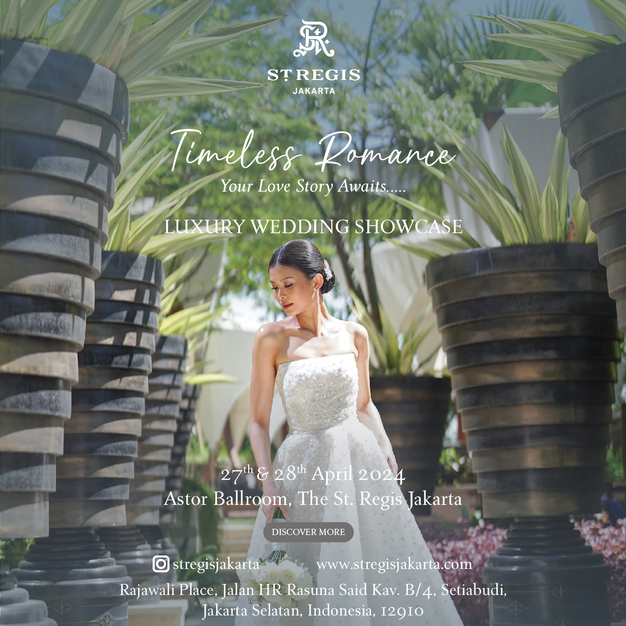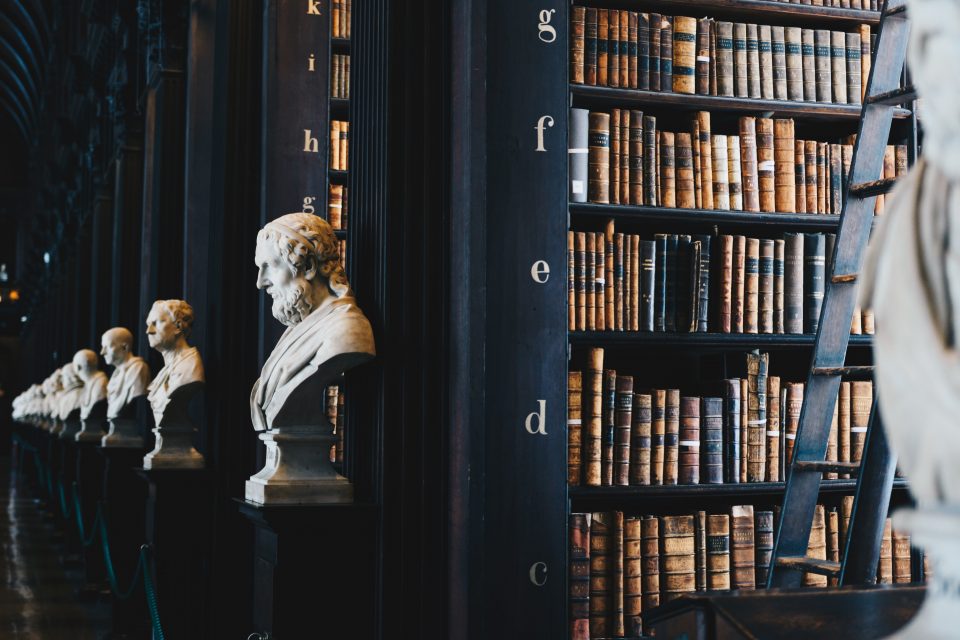University students taking humanities such as literature, linguistic or history are familiar with a parental dinner table question as a mixture of fear and anxiety.
“What will you do with an English major? We will spend a lot of money for you and we are taking high amounts of debt. Is it going to give you financial stability for your future career?” Once registered at university, I found some freshmen had posed some questions in my class, “What am I doing here? These people have been dead for 2,000 years. How is this possibly relevant to my life? Why are humanities relevant to everybody’s life?”
On many occasions, I told my students that learning humanities should not be viewed from sheer practical and economic perspectives.
This is a well-meaning statement. Why? Because humanities emphasise a unifying method that involves the imparting of a skill that is portable and can be taken to any discipline and any profession.
That skill is typically critical thinking or argumentation through the primary activity within the humanities, which is the interpretative analysis of written documents and other cultural artefacts. One learns and takes this skill anywhere; medical school, law school, business school, politics, ad agencies and to any other profession relying on critical thinking and communicative skill. This is called a critical thinking approach.
We live in a society where we talk a lot about Socratic tradition. It seems we are heir to the Socratic tradition, which is not. Why? Because it takes a lot of work on how to think. The most effective way to learn and to think is to do a ton of reading and writing. For example, you can read, write, and practice with a sign language assignment and enhance your knowledge. Furthermore, there are several courses in humanities you can learn.
In a book entitled Academically Adrift: Limited Learning on College Campuses (2011), Richard Arum and Josipa Roksa cited a study that people who make the greatest gain in critical thinking are those who read at least 50 pages a week and write 20 pages over a semester. That sounds like a lot, but all of that comprises of looking at the text, reacting to the text, summarising the text, and communicating about it. All hone people’s critical thinking skills.
Let us read a Christmas Carol by Charles Dickens. The major character is Ebenezer Scrooge. What does Ebenezer Scrooge look like when we meet him? Mean and crotchety. Dickens takes us on a journey with Ebenezer Scrooge. He goes home and the ghost of Jacob Marley says to him, “You’re going to be visited by three ghosts tonight. They’re going to show you things.” So, he goes with three ghosts to see those things.
Suddenly, we can see what happen to make Ebenezer Scrooge the way he is. It is not a matter of Dickens saying this is the thing that made Ebenezer Scrooge the way he is. Dickens allows us to make a decision based on evidence that is presented to us. We must be able to read between the lines and come up with the final answer how Ebenezer Scrooge landed where he did. That is critical thinking, knowing to ask the right questions, knowing the information is not there and you have to supply. This is something you must do in the workplace to be successful.
Furthermore, humanities provide you with life skills. Kate Cottle, a chair of liberal studies and literature at Wilmington University (2020), said that people who study music have greater cognitive gains at the beginning and end of their lives. They stave off dementia longer than other people. People that study foreign language get the same benefit as those who study music. People who study politics and economics engage in civic at an increased rate. People who study drama have better social skills because they can adopt personas for whichever situation they are in. And people who study literature have increased level of sympathy, just like when Dickens is telling us about Ebenezer Scrooge and we start to have sympathy for him.
Another example is Oedipus Rax, which is like a puzzle. As we look at history, then we will find why killing his own father has been his first action. Sophocles wrote this play in the 5th century BC in Greece. It was written between the Greek-Persian War and the Peloponnesian War when the Greek city-states were warring. It was a very militaristic society and people were measured by how quickly and efficiently they could kill others. So, Oedipus’ action makes sense. We start to feel sympathy for them. At the end of the play, when he realised he killed his father, married his mother and poked his eyes out, instead of us thinking that is ridiculous we will think, “I really understand now why he did that.”
Lastly, humanities have a special capacity to cultivate moral and specific character through a vast exposure to arrange cultural expressions that come from individuals differently situated historically, geographically and culturally.
One gains a certain kind of intercultural awareness and fluency. This is good for democracy, international relations, and the added benefit of being good for your moral character. We desperately need this kind of education in a contemporary and globally connected world where misunderstanding, especially those of political and religious distinction, can have such profoundly damaging effects. It is called moral education approach.
Critical thinking helps us take distance on our cultural assumptions and develop our intercultural fluency. Intercultural awareness exposes us to a greater range of communicative styles and framework of understanding. It hones our critical thinking skills. It is crucial to hold to the distinction between the two emphases. The critical thinking approach employs a certain scientific sense in its emphasis on the method. Moral education approach can start to make humanities classroom sound a little bit like church choir as though going to humanities class is a way to attend to your civil soul. The approaches are contributing to the understanding of the values of the humanities.
The writer is a lecturer at the Faculty of Humanities, Andalas University.
Also Read Covid-19 and creative minority




